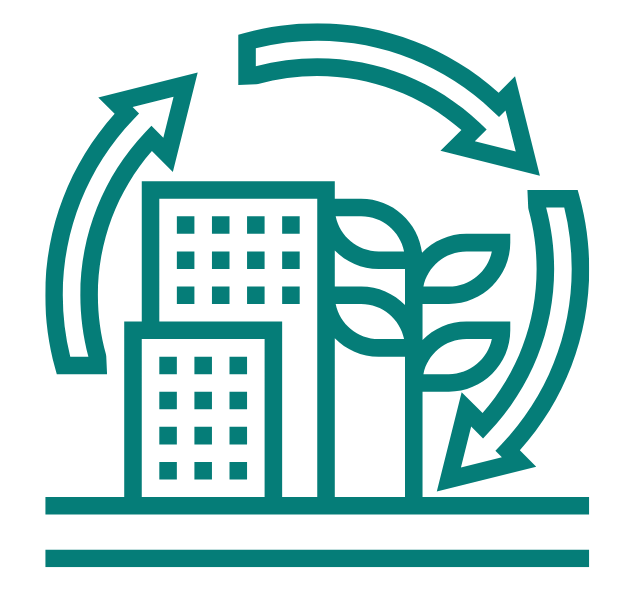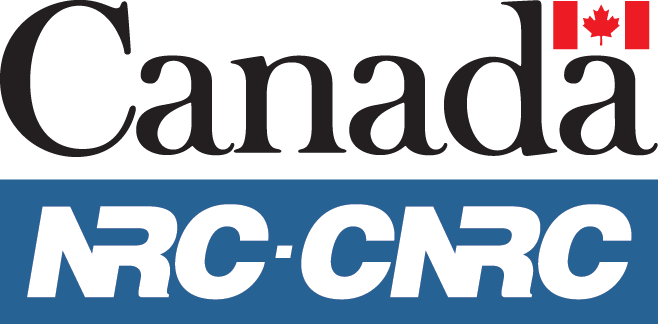Digital Data Analysis and Modeling Platform for Decarbonizing the Built Environment (Tools4Cities - CityLayers)
Project overview
This project focuses on developing Tools4Cities, an open-source platform leveraging digital twins to experiment with innovative, zero-emission strategies across diverse communities. The platform aims to mitigate risk by enabling detailed scenario analysis and validation using real-time monitoring data.
By integrating various data sources, Tools4Cities facilitates the transition of built environments into sustainable, zero-emission neighborhoods. Through advanced software tools, it addresses decarbonization challenges in building and transport sectors by optimizing energy efficiency, promoting electrification, and integrating renewable energy sources.
Building upon the existing hub framework, which includes a retrofit analysis tool and agent-based mobility models for Montreal, Tools4Cities extends capabilities to support scalable and adaptable solutions for urban sustainability.
Key project details
| Principal investigator | Yann-Gaël Guéhéneuc, professor, Computer Science and Software Engineering, Concordia University |
Co-principal investigators |
Ursula Eicker, professor, Building, Civil, and Environmental Engineering, Canada Excellence Research Chair in Smart, Sustainable and Resilient Cities and Communities, Concordia University; Liangzhu (Leon) Wang, professor, Building, Civil, and Environmental Engineering, Concordia University; Michaël Kummert, professor, Mechanical Engineering, Polytechnique Montréal; Francesco Ciari, associate professor, Civil, Geological and Mining Engineering Polytechnique Montréal |
Research collaborators |
Darwish Darwazeh, Sophie Lalonde, Jonathan Théoret, Victor Poudelet, Polly Hudson, Stéphanie Simard, Lise Laforce |
| Non-academic partners | Bureau de la Transition Écologique et la Résilience and Service Gestion et Planification Immobilière (Ville de Montreal), Propulsion Quebec, National Research Council Canada, Opal-RT, Opal-DD |
| Research Keywords | Digital twin, community energy projects, digital platform, building simulation, energy efficiency, electrification of transportation, cross-sector electricity co-management, urban planning, management strategies, electrical vehicles |
| Budget | Cash: $250,000 In-Kind: $365,000 |
Research focus

Digital Twins
This projects seeks to create digital twins of buildings or communities, providing a detailed digital replica that can be used for various purposes, such as simulation, analysis and decision-making. In this research project, digital twins play a pivotal role in developing a platform for data aggregation, aiding decision-making at municipal and building portfolio levels. They facilitate comparison of GHG emissions intensity, enabling building owners to plan emissions reduction effectively.

Scenario analysis, validation and road mapping
The research emphasizes the importance of detailed scenario analysis and validation using monitoring data from core projects. It aims to provide a toolset in the form of a platform for analyzing scenarios and validating their feasibility. Additionally, the project aims to deliver a roadmap for decarbonization, allowing for the design and evaluation of scenarios.

Community livability, affordability and inclusivity
Beyond achieving zero emissions, the research emphasizes the importance of creating communities that are livable, affordable and inclusive. This includes ensuring access to amenities such as green spaces, schools and healthcare services, as well as promoting mixed-income housing to guarantee diverse neighborhoods. Sustainable mobility options and public transit accessibility are also highlighted as crucial factors in enhancing community affordability and inclusivity.
Non-academic partners
Thank you to our non-academic partners for your support and trust.




Volt-Age is funded by a $123-million grant from the Canada First Research Excellence Fund.


